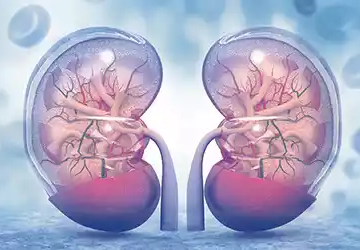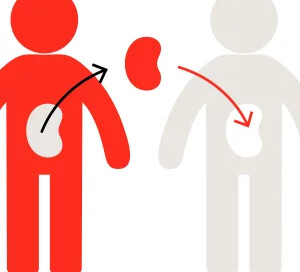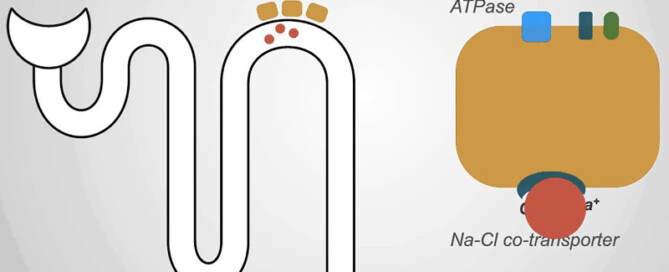Kidney Transplant Immunosuppression
Immunosuppression is required for kidney transplantation. The foreign antigens on the kidney allograft are recognized by the patient's immune system. Without immunosuppression this will lead to rejection of the kidney. Immunosuppression is composed of induction and maintenance. The immunologic risk of rejection is highest immediately after transplant and decreases with time. Most cases




